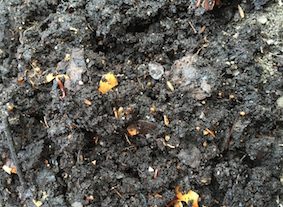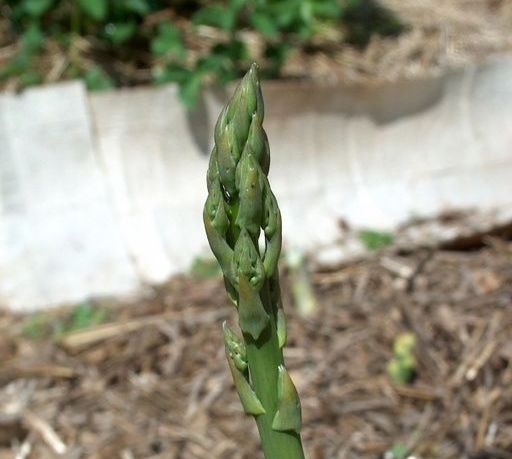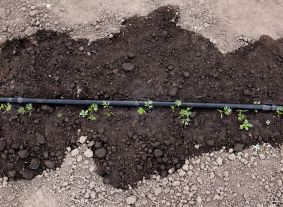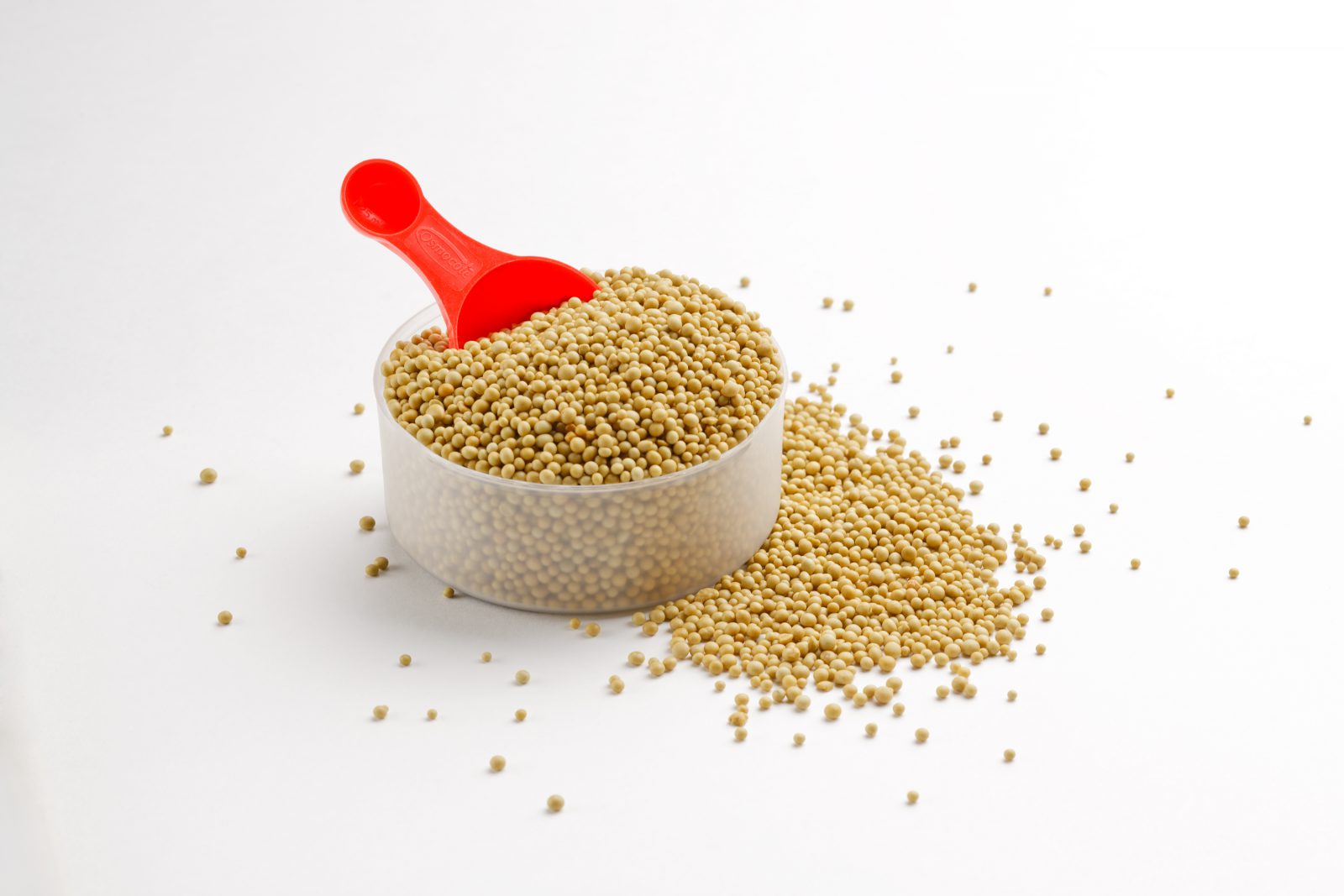Why I Apply Compost in Fall
Views: 8147

It’s mid-November and it’s time to apply compost. Seems like an odd time to do it, doesn’t it? I’m putting the gardens to bed and harvesting the last of the kale and chard. I’m not even planning on thinking about the gardening season until next February.
So why bother with the compost now? Here are my reasons:
My compost bin is ready!
I run two compost cycles: One compost bin starts in mid to late fall. I stop adding to this bin at the end of May. During the next five months—the warmest months—I don’t even lift the lid except to give the compost a good toss once every three or four weeks. All of the food scraps and fall leaves have a chance to “cook,” or decompose, over the summer. The heat is key for everything to break down.
The garden is clean.
Pretty much everything has been removed. I have space to lay down the compost evenly on the soil and dig it in. There’s time to integrate with the soil. The compost and all it contains doesn’t just sit there, a big frozen chunk. The moisture from snow and the freezing-thawing cycles help to integrate the compost and all its good nutrition into the soil. And the worms in the compost have a chance to work there way deep into the soil where they won’t freeze to death. Bonus!
Apply Compost = Fewer insects!
Compost bins have insects buzzing around them, for sure. Those buggies are buzzing around from the first warm day in spring until the first freeze in fall. Believe me, working with fly-free compost is much more of a pleasant experience.
It’s part of my fall clean-up.
The compost bin is part of a trifecta of bins also including the recycling and the trash. The space gets messy. Cleaning that entire space naturally includes cleaning out the compost bin. And it creates space for the necessary tools of winter—the snow shovel and ice melt.
So, you ask, do you use compost when you plant your garden? I sure do. But it’s not my own compost. It’s either bagged or dropped off by a landscape firm into our community garden. That compost is a little more decomposed and dry than the homemade stuff, and hence easier to work with and distribute by the handfuls into planting holes. The garden benefits from both, for sure.
Meet Ellen Wells
When you’re raised on a farm, you can’t help but know a thing or two about gardening. Ellen Wells is our expert on edible gardening.…
Ellen's Recent Posts

Asparagus






